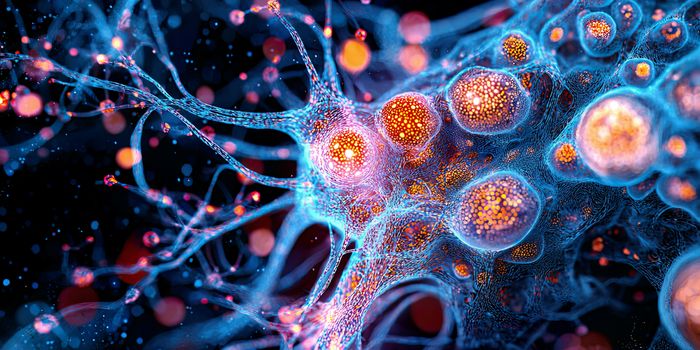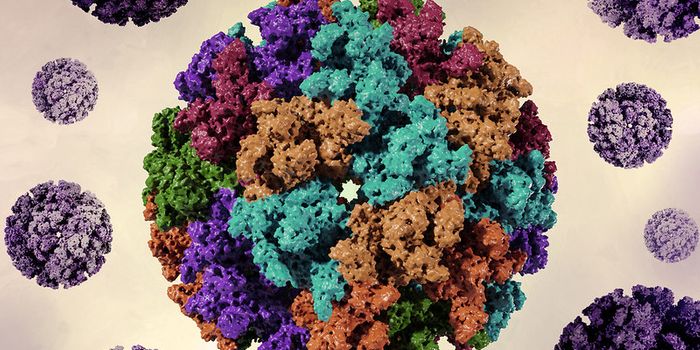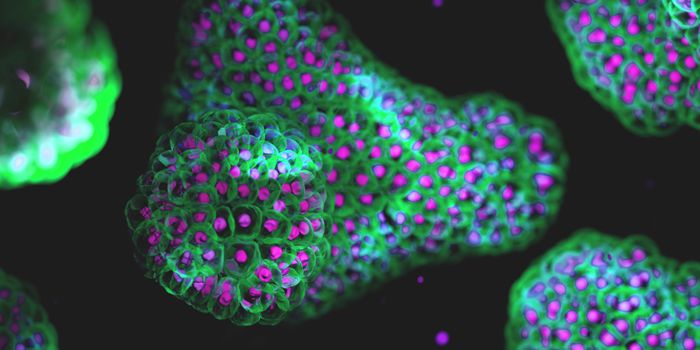Chagas Disease is Now Endemic in Parts of the US
Chagas disease has been called “the most neglected of the neglected diseases” and it’s been estimated to have affected anywhere from about 300,000 to as many as 1.7 billion people around the world. Globally, about 7 million people are infected every year, and the disease causes about 10,000 deaths annually.
Chagas is also known as American trypanosomiasis. The disease is usually caused by Trypanosomiasis cruzi, a parasitic protozoan species carried by kissing bugs. Most cases have arisen in parts of Latin America, but new research has shown that Chagas disease is now an established threat to people living in California and the Southern United States. There is evidence that T. cruzi parasites are now present in the United States within triatomine insects, domestic animals, wildlife, and people. Companion animals like dogs and cats are also now infected. Researchers are suggesting that the disease must now be called endemic to the United States, particularly in Texas.
T. cruzi pathogens are usually transmitted through contact with the urine or feces of an infected kissing bug. The disease can also be contracted in a few other ways, such as through blood transfusions or organ transplant from an infected individual; it can also be contracted if contaminated food is consumed. Kissing bugs tend to live in small cracks of dwellings, and feed on the skin of people as they sleep. If the bugs’ urine or feces gets into broken skin, it can cause the disease.
Chagas disease may cause nonspecific symptoms at first, like a headache and chest pains. Sometimes it does not cause any symptoms at all in this initial, acute phase. It may then remain dormant for years or even decades before progressing to become chronic, and then cause serious heart inflammation and cardiomyopathy. Many people who are impacted by this disease are unaware of their heart problems until it’s too late for them to be treated.
Since the disorder has tended to affect poor communities, there are few good diagnostic options, and there is no vaccine. There are no biomarkers for Chagas, and though PCR tests might be able to detect a relatively new infection from a strain that is now in circulation, the same PCR test won’t identify an older infection from a strain that may have been circulating decades ago. This leaves a large gap in surveillance. It’s thought that only about 1% of US adults can access testing for Chagas.
There are two excellent treatments for the disease: the antiparasitic medications benznidazole or nifurtimox. But they must be given to newly infected kids to be effective. These same drugs can cause major problems if they are given to adults with a chronic case of Chagas, and many patients stop taking the medication before the required course of two months is completed.
Now, researchers and experts are calling for increased surveillance and more research to develop better diagnostic tools and treatments.
One good piece of news is that a medication to treat heart failure caused by Chagas disease was able to improve outcomes for Chagas patients in a clinical trial of almost 1000 patients. This news was presented at a research conference, and has not yet been peer-reviewed.
Sources: Annals of Medicine and Surgery, Lancet Regional Health - Americas, Johns Hopkins University, Centers for Disease Control and Prevention









